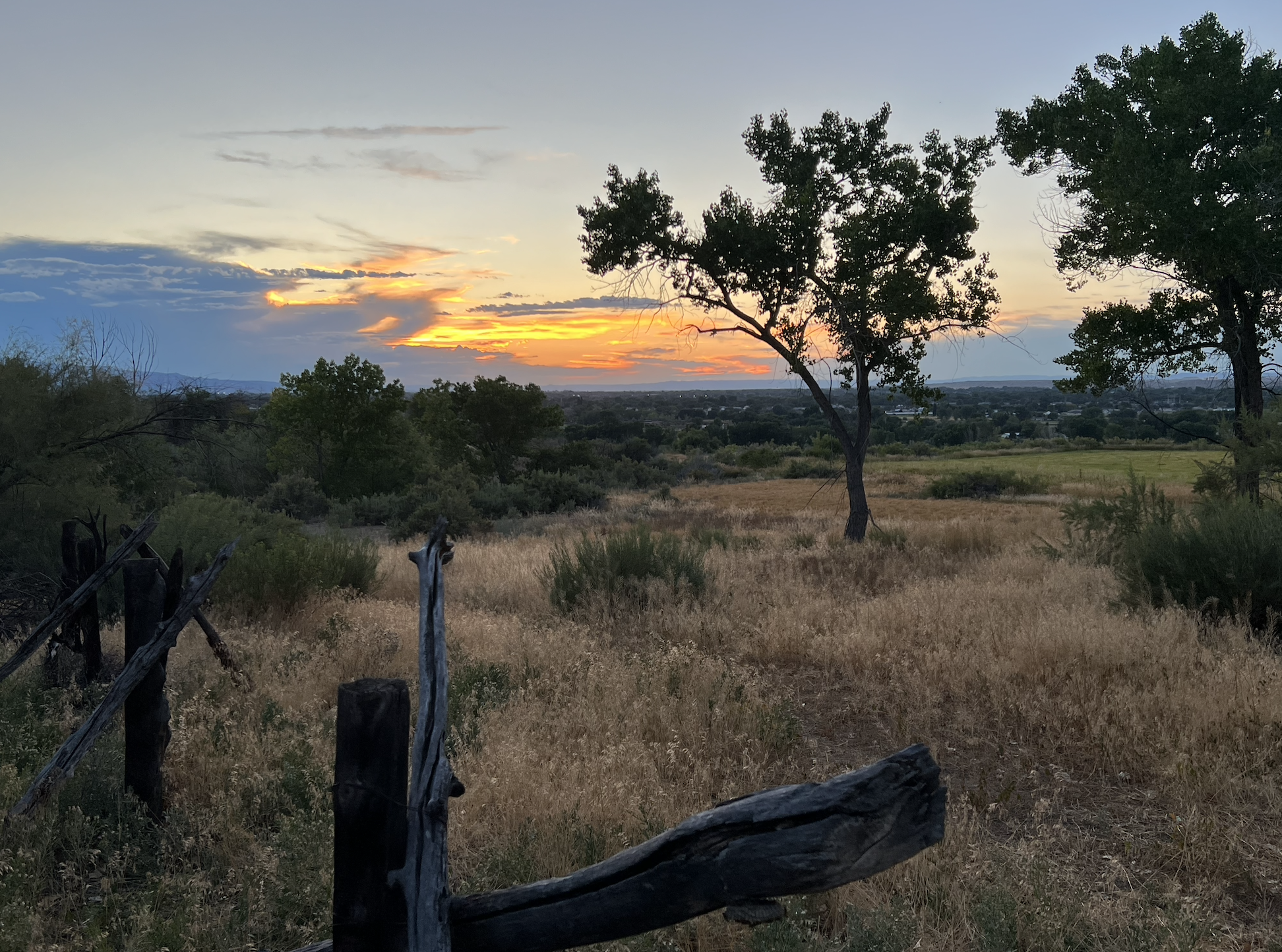A couple of stirring quotes for me from a stirring post from Dave Pollard’s, How To Save The World. I met Dave a few years ago. He is extremely thoughtful. Has much to say. One could journey far in the thoughts stirred and practices suggested in his blog posts alone.
For today, I find myself appreciating these quotes for the alternatives of reality that are available.
A human being is part of the whole, which we call the ‘Universe’: a part limited in time and space. He experiences himself, his thoughts and feelings as something separated from the rest—a kind of optical delusion of his consciousness. This delusion is a kind of prison for us, restricting us to our personal desires and affection for a few persons nearest us. Our task must be to free ourselves from this prison by widening our circle of compassion to embrace all living creatures and the whole of nature in its astonishing beauty. Nobody is able to achieve this completely but striving for such achievement is, in itself, a part of the liberation, and the foundation for inner peace.”
~ Albert Einstein
A poet is somebody who feels, and who expresses his feelings through words. This may sound easy, but it isn’t. A lot of people think or believe or know they feel — but that’s thinking or believing or knowing; not feeling. And poetry is feeling — not knowing or believing or thinking.
Almost anybody can learn to think or believe or know, but not a single human being can be taught to feel. Why? Because whenever you think or you believe or you know, you’re a lot of other people: but the moment you feel, you’re nobody-but-yourself. To be nobody-but-yourself — in a world which is doing its best, night and day, to make you everybody else — means to fight the hardest battle which any human being can fight; and never stop fighting.
As for expressing nobody-but-yourself in words, that means working just a little harder than anybody who isn’t a poet can possibly imagine. Why? Because nothing is quite as easy as using words like somebody else. We all of us do exactly this nearly all of the time – and whenever we do it, we are not poets. If, at the end of your first ten or fifteen years of fighting and working and feeling, you find you’ve written one line of one poem, you’ll be very lucky indeed. And so my advice to all young people who wish to become poets is: do something easy, like learning how to blow up the world — unless you’re not only willing, but glad, to feel and work and fight till you die.
~ e.e. cummings



